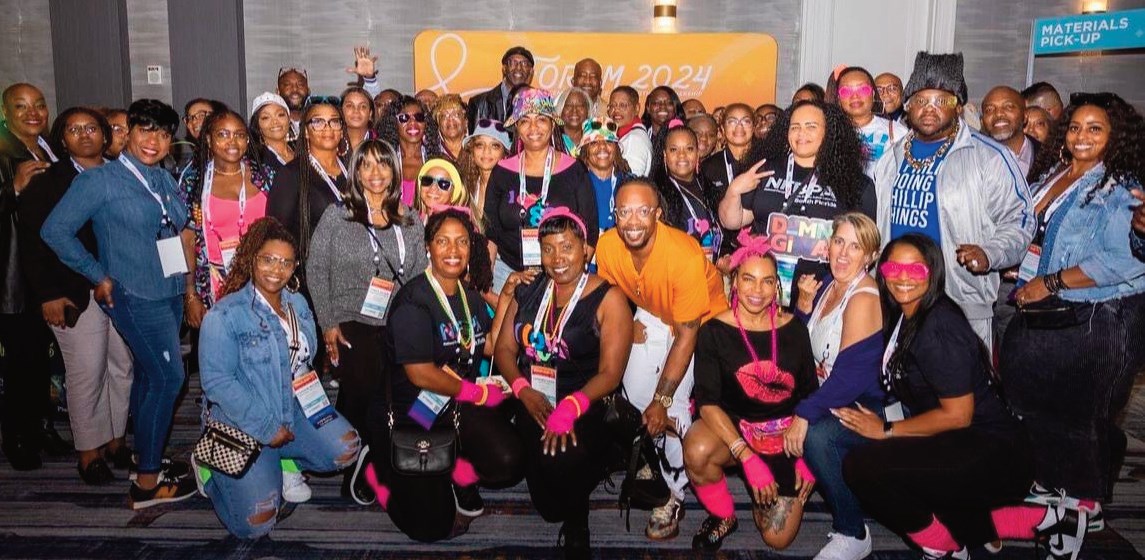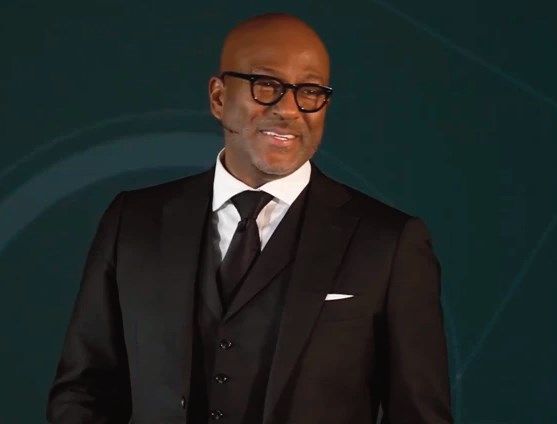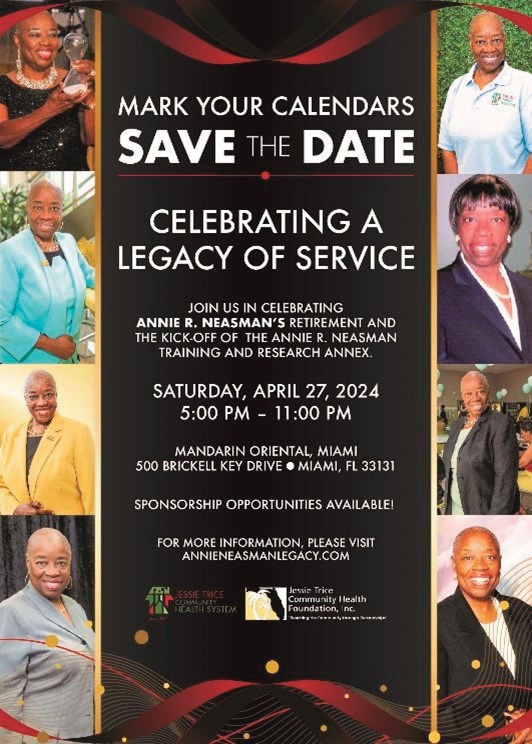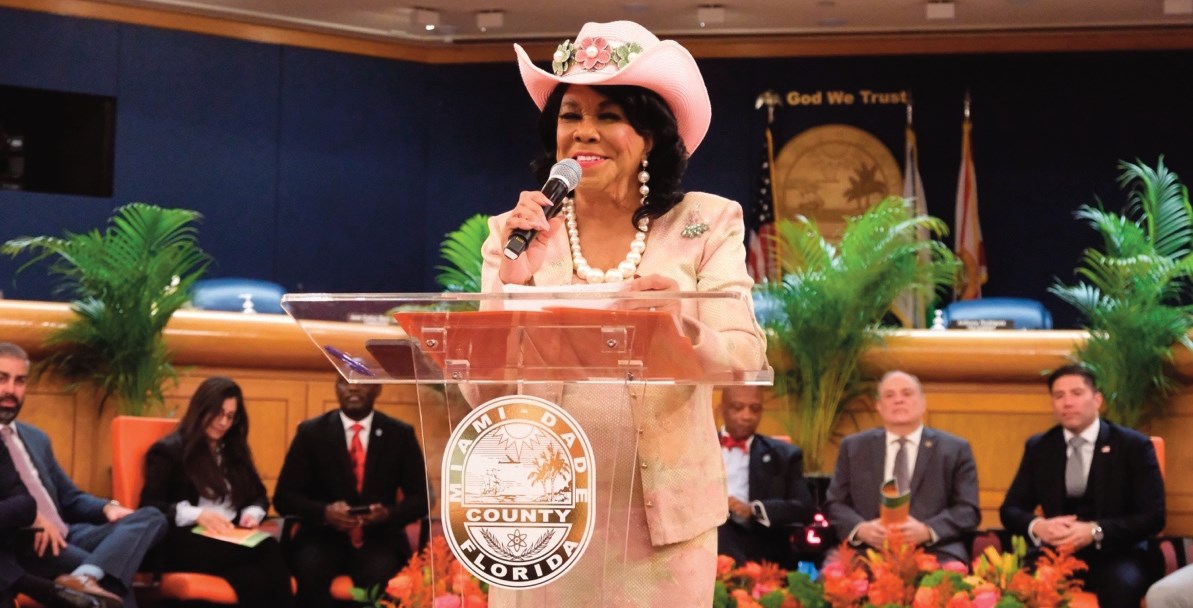A tug of war between two economic development agencies has led to competing ordinances before the Miami-Dade County Commission.
If both ordinances are approved in their respective committees, they could cause a stalemate in which neither goes into effect.
The fight has emerged between the Metro Miami Action Plan Trust (MMAP), an organization that addresses socio-economic disparities in the black community, and the Beacon Council, Miami-Dade's economic development partnership.
MMAP organizers say the Beacon Council, which channels tax revenue from Miami-Dade County businesses to MMAP for economic development, does not do enough to address economic disparities in the black community.
Beacon Council leaders say their focus is on economic development throughout the entire county, rather than on specifically targeted communities.
At issue is the 8 percent share of the county’s occupational license tax on all county businesses that the Beacon Council, which receives the money first, sends to MMAP.
The Beacon Council says it should be able to keep that money, along with some $300,000 in MMAP funds currently held in escrow. MMAP and its supporters say they want those funds released to the social service agency so it can focus on economic development in disadvantaged communities.
The funds were placed in escrow last October, after the Beacon Council objected to MMAP's use of them for economic development, rather than for “advertising and marketing,’’ as required under county statutes.
Council defends its position
Beacon Council President Frank Nero sent a letter to County Manager George Burgess on June 24, stating that the Beacon Council's “continued opposition to the diversion of 8% of the Local Business Tax Receipts Surcharge from The Beacon Council to MMAP should in no way have been interpreted as an expression of opposition to MMAP’s historic role, mission, or level of funding,’’ and that the agency's opposition “has been, and continues to be, based upon three basic issues: the legal requirements of the state and local statutes, programmatic effectiveness, and most importantly the duplication of the role and mission with subsequent dilution of resources.’’
Camela Glean-Jones, executive vice president of the Beacon Council, said that because the agency is tasked with marketing the entire county, it is always at risk of criticism from individual groups.
“Our charter enabled by the county is to provide economic development countywide,’’ Glean-Jones said. “As we retain and recruit companies to the marketplace, we cannot determine their location.’’
Glean-Jones said that although the Beacon Council has not specifically targeted black communities in the 21 years it has operated, “Have we had businesses located in those areas? Certainly.’’
As of press time, however, the Beacon Council was not immediately able to provide examples of specific businesses it has helped in black communities. But it did forward a list of partnerships, workshops and other initiatives it has sponsored that targeted cities with large black populations, including North Miami and Miami Gardens.
MMAP has been receiving the 8 percent share of the occupational license tax since the early 1990s. The funds were to be used by MMAP to help small, disadvantaged businesses to market themselves.
Urban core business development
MMAP's interim director, John Dixon, said his agency has done much more than that, such as helping to launch and grow businesses in the county’s “urban core,’’ including the majority-black cities of Miami Gardens, Opa-locka and Perrine.
“If you look at the Denny's (restaurant) that opened on 27th Avenue (in Miami Gardens,) those dollars were used to open that franchise,’’ Dixon said.
He cited other examples of businesses MMAP has assisted, including Opa-locka Flight Lines, the sole black-owned airline refueling company in the southeastern United States. Dixon said the company received equipment funding through MMAP's general fund, as well as marketing dollars.
“The statute calls for the occupational license funds to be used for marketing and advertising and promotions by the businesses,’’ Dixon said. “[But] you cannot market a company unless you have the equipment to have a company. We helped to sustain these businesses over time.’’
Also, Dixon said, “all of these businesses are in underserved communities’’ that MMAP and its supporters say the Beacon Council has failed to serve.
Dixon, who worked at the Beacon Council for six years during the 1990s, said the Council has no similar focus on the county’s urban core as does MMAP.
“Opa-locka has 15 to 18 percent unemployment,’’ Dixon said. “They have buildings and warehouses that are vacant. It would be a great opportunity for a light industrial company to come in and expand its business. That’s something the Beacon Council could
do."
But, Dixon charged, the Council has never marketed Opa-locka to the large businesses and companies it serves.
“Beacon gets $4 million’’ a year, Dixon said. “MMAP gets $330,000. The Beacon Council has not looked at business expansion, attraction or retention in underserved urban areas like Opa-locka. You’d think that as they go out and market Miami-Dade County, they would market these underserved areas, where businesses might relocate if they knew."
Charita Allen, the Beacon Council's vice president for Urban Initiatives Expansion Retention Recruitment, disputed the notion that the Beacon Council has not targeted the urban core.
“We’re a marketing organization,’’ Allen said. “We market what's available.’’
Allen pointed to a recent uptick in development activity at Opa-locka airport, where new vendors are moving in, though she could not name specific businesses that Beacon has helped to locate in the city of Opa-locka itself, or in other urban areas.
Allen added that the agency works closely with community organizations, including local governments, business councils and community redevelopment agencies in North Miami, Miami Gardens, Florida City and elsewhere, as well as with MMAP itself.
“We're as strong as the organizations on the ground,’’ Allen said.
District 1 Commissioner Barbara Jordan, however, has sided with MMAP.
“The Beacon Council does not address small businesses that are the backbones of our community,’’ Jordan said. “They focus on larger corporations and businesses and even when they do that, they have yet to bring any of those companies into our community. They have argued that they need those additional resources to address economic development, and our argument is, well you haven’t done that so far, and you can see what MMAP has done.’’
Jordan has introduced an ordinance that would make MMAP's 8 percent share of the occupational license surcharge permanent, while releasing the $300,000 being held in escrow by the county manager's office.
The release would be predicated on a revised plan MMAP submitted earlier this year, which Dixon said was approved by the county attorney, and which Jordan said should satisfy the Beacon Council’s concerns over MMAP’s spending priorities.
Competing ordinances
Jordan on Tuesday, July 1 introduced an amendment that addressed the concerns of some commissioners regarding the election and construction of MMAP’s management and board.
Jordan's amendment was read into the record Tuesday, and forwarded to the Human Services and Economic Development committee. Jordan serves on that committee with Miami-Dade County commissioners Audrey Edmonson, the chair, Katy Sorenson, the vice chair, District 2 Commissioner Dorrin Rolle and District 10 Commissioner Javier Souto.
Meanwhile, District 7 Commissioner Carlos Gimenez has introduced a competing ordinance, supported by the Beacon Council, that would strip MMAP of the tax funds, and award the entire sum to the Beacon Council.
That ordinance went to the committee on which Gimenez serves, the Budget and Finance committee.
Each ordinance must pass both committees in order to go to a full commission vote. If both ordinances pass in their respective committees, but fail in the other committee, the result would be a stalemate, and neither would pass.
In a June 25 email obtained by the South Florida Times, Nero, the Beacon Council president, said the only way to avoid such a “check mate’’ would be “if [C]arlos’ ordinance passes and Jordon's– [Sic] does not.’’
Otherwise, Nero warned, budget hearings in September could lead to a resolution in which “while we get all the escrow money we only still get a portion of the 8 percent with $200,000 going to create an 'office of economic development' in manager's office.’’ [T]o me just another layer of bureaucracy And a duplication.’’ [Sic]
Nero’s email went on to warn that if the funding issue ultimately goes to public hearings, Beacon would have to “turn out the troops’’ in order to win the full funding.
Jordan has requested a “sunshine meeting’’ with Gimenez to try and iron out a compromise. “Perhaps we can have a meeting of the minds,’’ she said.
But Jordan also emphasized her continuing concern.
“I have legitimate concerns about the Beacon Council’s ability to provide economic development in the black community,’’ she said. “It's important that we have an entity that's responding to small business development, and the Beacon Council does not focus on small businesses. That’s what I feel is the niche that MMAP has that’s totally different.’’
Funds reporting dispute
Glean-Jones, the Beacon Council executive vice president, said MMAP has failed in the past to provide detailed records about how it utilizes occupational license tax funds. The Beacon Council received about $4.3 million in such funds last year – about one third of the total surcharge – from which MMAP receives its 8 percent share.
Dixon, of MMAP, disputes the reporting charge.
“We report to the county commission,’’ he said. “We provide an annual report to the county commission and then we provide a copy to the Beacon Council. We don’t do it vice versa.’’
The next public hearing on the funding could take place in August.
Joyannreid@gmail.com












No Comment